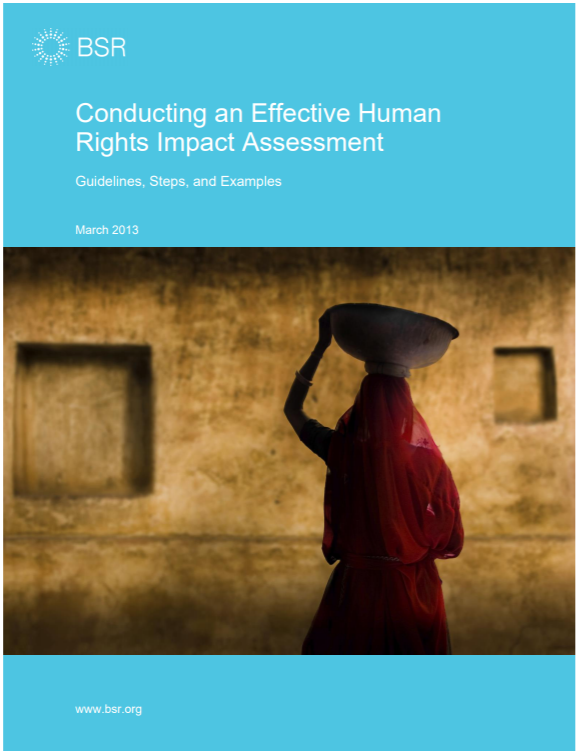Anti-Trafficking Review – Everyday Abuse in the Global Economy
Standards & Codes of ConductGood PracticesThematic Articles: Reflections from the Field: Disparate responses to labour exploitation in post Katrina Louisiana. Base Motives: The case for an increased focus on wage theft against migrant workers. Modern Heroes, Modern Slaves? Listening to ...Read More

